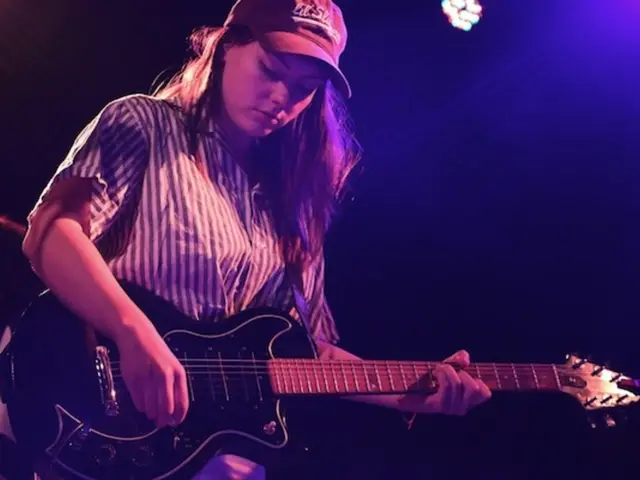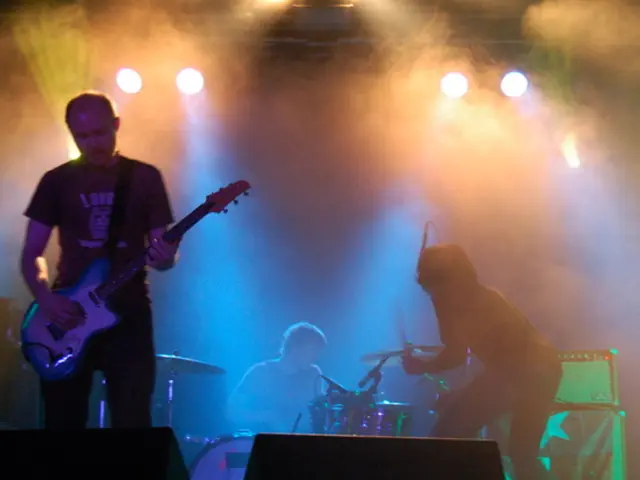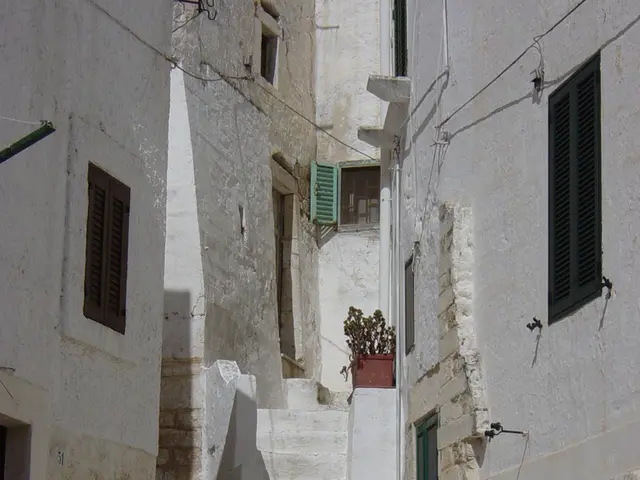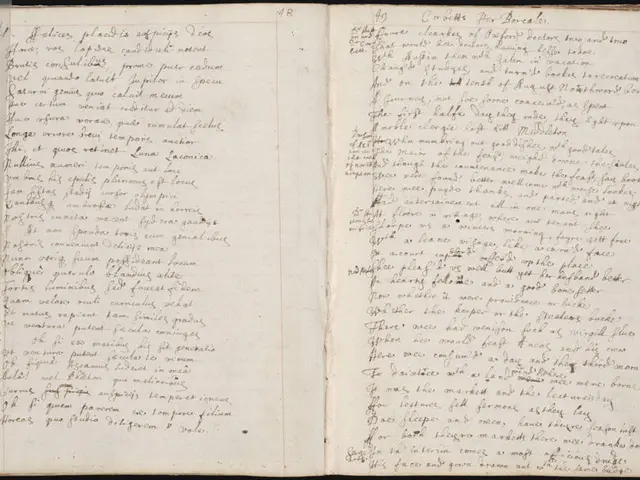Cuban vocalist Isaac Delgado expresses his desire for a musically-inspired symbol of optimism.
Renowned Cuban musician Isaac Delgado has unveiled his latest album, "Mira como vengo," a celebratory return to his roots and a testament to the resilience of his music. After a difficult personal experience that left him doubting his ability to continue his career, Delgado found inspiration from those who believed in his work, resulting in an album brimming with optimism and determination.
Delgado emphasizes the vital role that hope plays in our current world, noting the significance of artists in providing this inspiration through their music. "Mira como vengo" was designed to be an album of hope, a response to those who believed the style of music he represents was waning or obsolete. The album takes listeners on a journey back to Delgado's musical golden era while also showcasing the enduring talent and creativity in Spanish-language music today[1][4].
In a collaboration with French conductor Alain Pérez, who assisted with arrangements and production, Delgado recaptures the essence of timba from the 1990s. This slower, more deliberate style of timba, characterized by a significant role for bass and brass, is appreciated by connoisseurs but rarely heard today. Alain Pérez, who significantly influenced Delgado's group during his tenure as their bassist, plays a pivotal role on the album, with the first single being a duet titled "Tu pensabas."
Delgado commissioned well-known composer Jesús "Jesúsín" Cruz and arranger Jusef Díaz to work on the lyrics and arrangements, respectively, for "Lluvia y Fuego," his previous album. This collaboration resulted in a renewed romanticism consistent with Delgado's signature style. The new album also features a symphonic tribute to Silvio Rodríguez, a "nueva trova" icon, as well as collaborations with the legendary Orquesta Aragón and several other notable Cuban artists[2].
Despite the complications of assembling an All-Stars group, Delgado expresses hope that he will eventually collaborate with esteemed musicians such as Oscar Hernández, Pedrito Martínez, Tony Succar, Robby Ameen, and Alain Pérez to create a highly anticipated project tentatively named "Con Tumbao." In the meantime, Delgado focuses on returning to more danceable music[3].
"Mira como vengo" offers a range of styles, including slower timbas, ballads, and romantic salsas. The guitar elements in the ballads could be classified as "salsa flamenca," a nod to Alain Pérez's long-time association with Paco de Lucia. The album concludes with "Eso que dijiste," a successful finale that delivers a charming title, and "San Cristóbal," a powerful and uniquely Cuban conclusion inspired by the patron saint of Havana[2].
Speaking about the album, Delgado views "Mira como vengo" as a reflection of who he is in 2025, a celebration of life and a demonstration of enduring artistic spirit. Embodying renewal and perseverance, the album represents Delgado's personal and artistic rebirth. Delgado's career began with NG La Banda, the group that ushered in the timba era, later branching out to establish his own successful solo career[5].
In 1990, Delgado launched his own band, with Pablo Milanes as a key supporter. Delgado aimed to create high-level Afro-Cuban music with a touch of nueva trova's poetic qualities. He sought unique, meaningful songs that would distinguish his music from NG La Banda while remaining accessible to the public[5]. The musicians who accompanied Delgado during this period would go on to become influential figures in Cuban popular music.
Delgado's new album, "Mira como vengo," underscores the importance of hope in contemporary society, as he believes artists play a significant role in providing inspiration, especially through music. The album, a blend of timba, ballads, and romantic salsas, showcases a collaboration with French conductor Alain Pérez, reflecting Delgado's commitment to the timba genre of the 1990s, with a unique mix of fashion-and-beauty, entertainment, and music.








